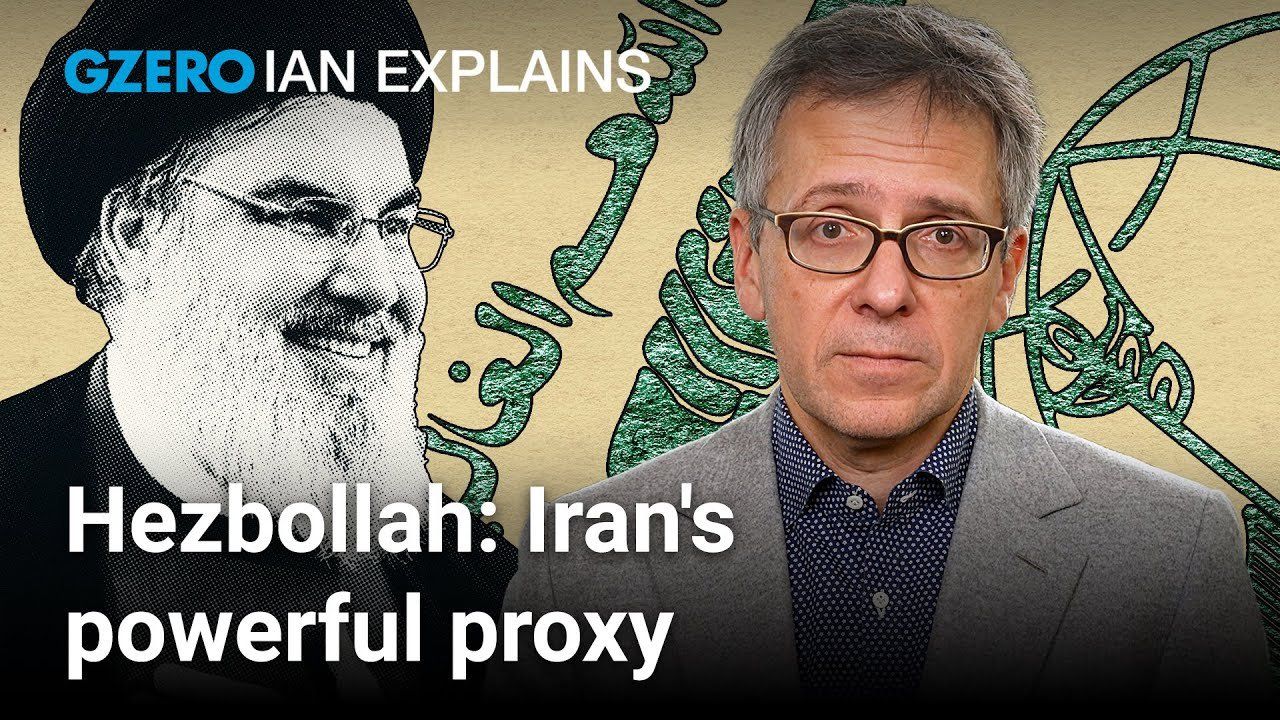
Tensions on Israel's northern border with Lebanon are heating up amid daily exchanges of rocket fire between Israeli Defense Forces and Hezbollah fighters. Fears are growing that Israel's war with Hamas in Gaza could spread to a broader regional conflict because Hezbollah is Iran's most powerful proxy force. On Ian Explains, Ian Bremmer unpacks Hezbollah's role within Lebanon, its history of fighting Israel in the south, and how Iran uses the militant group to further its interests in the region.
The potential for an all-out conflict between Hezbollah and Israel would be absolutely devastating for Lebanon, which is already reeling from an economic collapse, a refugee crisis from the Syrian civil war, the deadly 2020 Port of Beirut explosion, and massive currency devaluation. Despite Iran and Israel's signals they don't want to see the Palestine conflict escalate throughout the region, proxy groups like Hezbollah are a way to engage indirectly. One faulty rocket or misinterpreted message could mean the simmering tensions in south Lebanon boil over into a second front.
Catch GZERO World with Ian Bremmer every week at gzeromedia.com/gzeroworld or on US public television. Check local listings.
- Is Hezbollah next? ›
- What’s Iran’s next move? ›
- Hezbollah’s dwindling reputation ›
- Skirmishes with Hezbollah threaten escalation ›
- Hezbollah: What is it? ›
- Will Hezbollah enter the Israel-Hamas conflict or not? ›
- Biden's Supreme Court reform has zero chance of becoming law - GZERO Media ›
- Israel & Hezbollah: What to expect next - GZERO Media ›